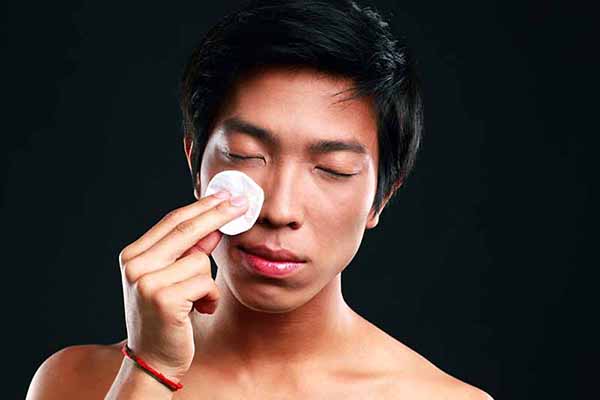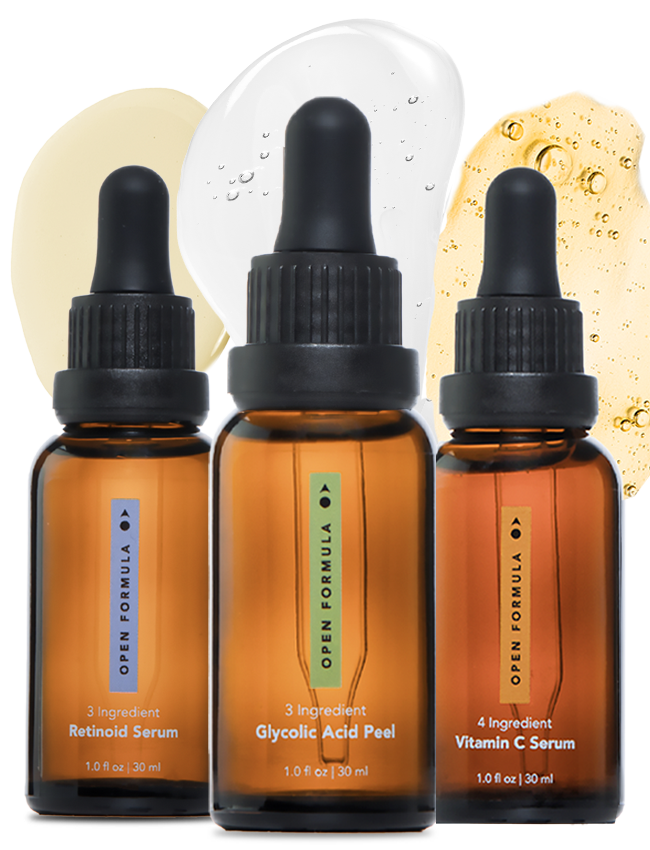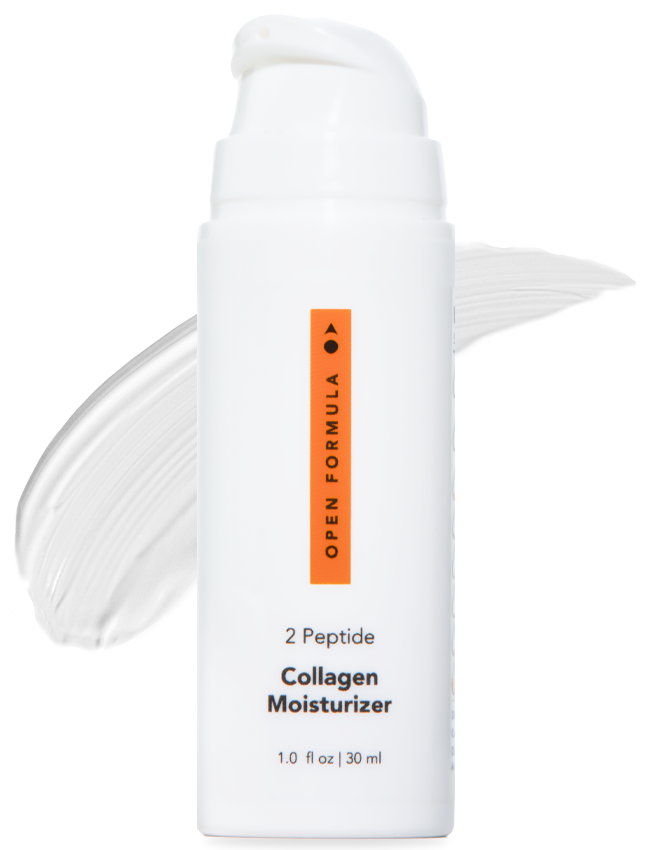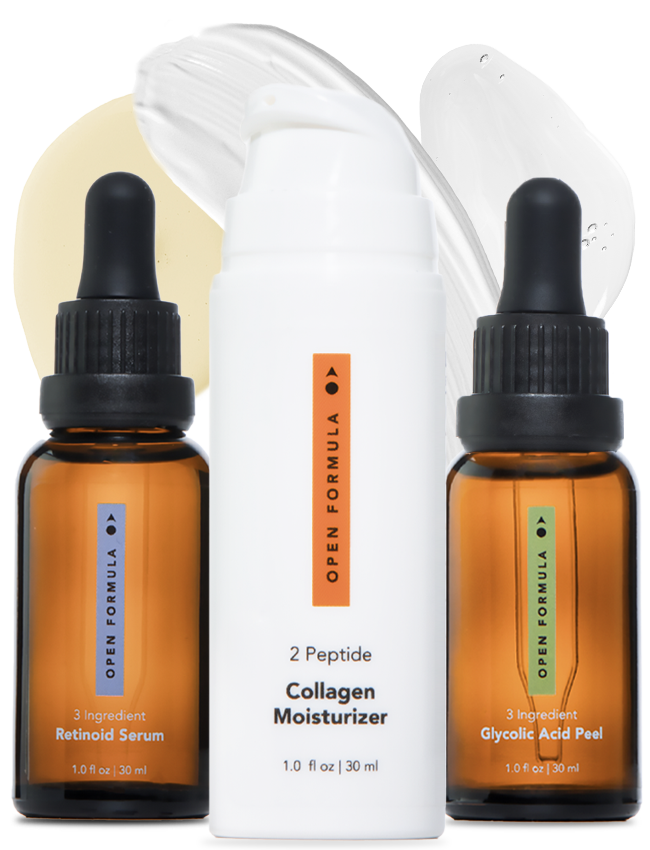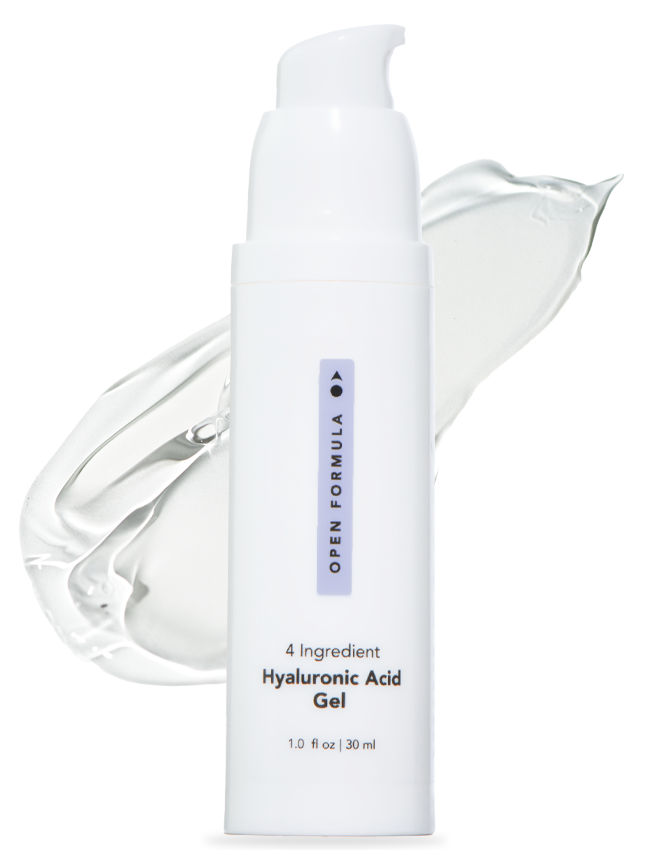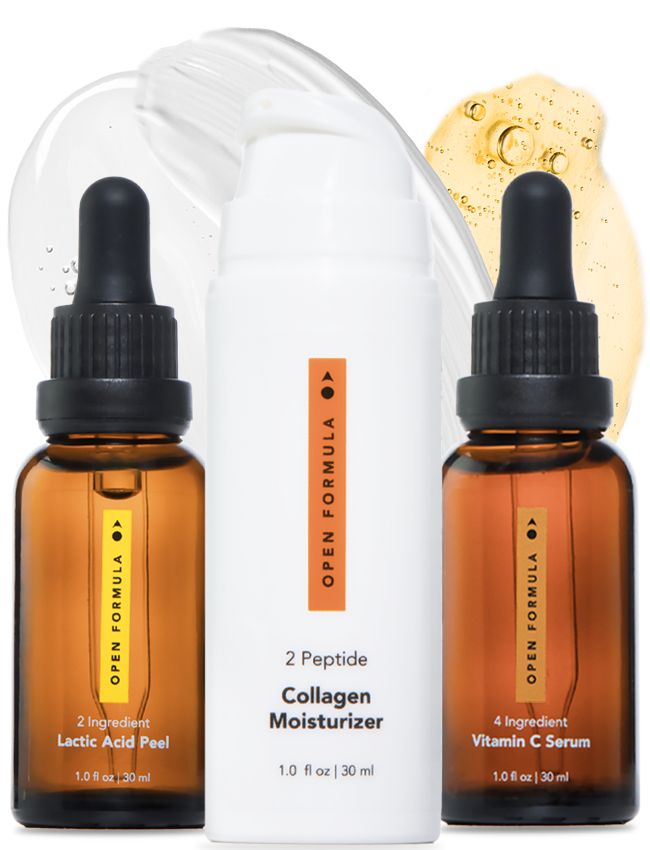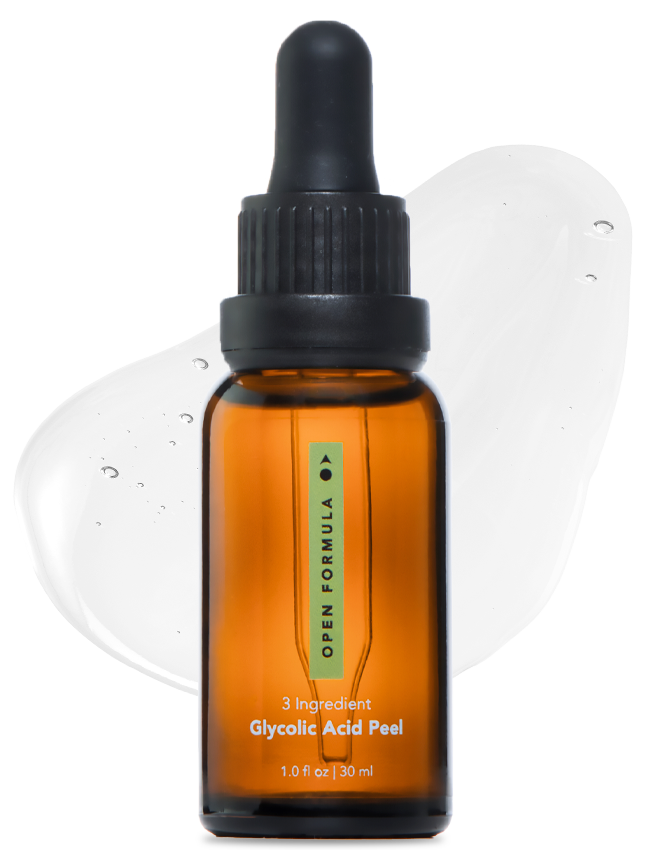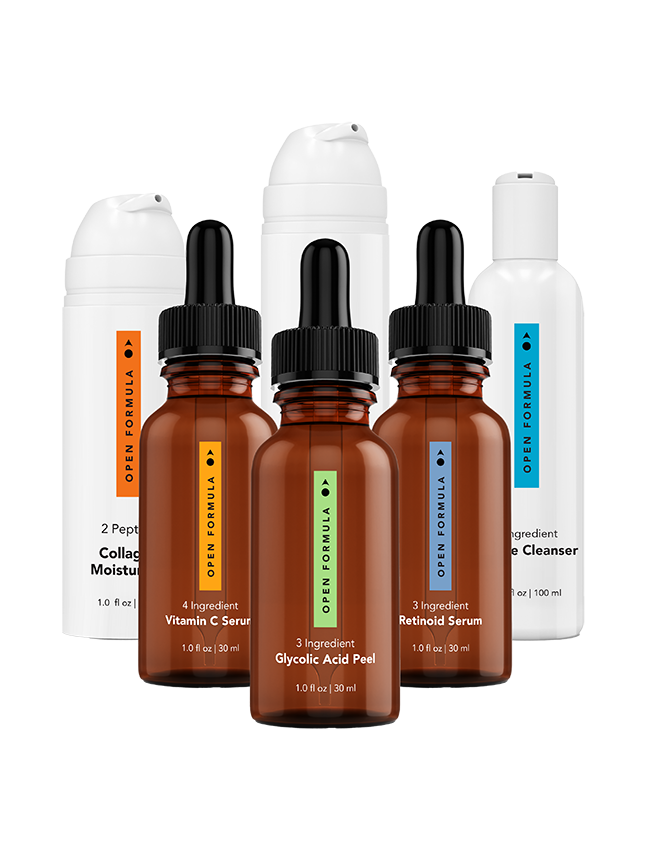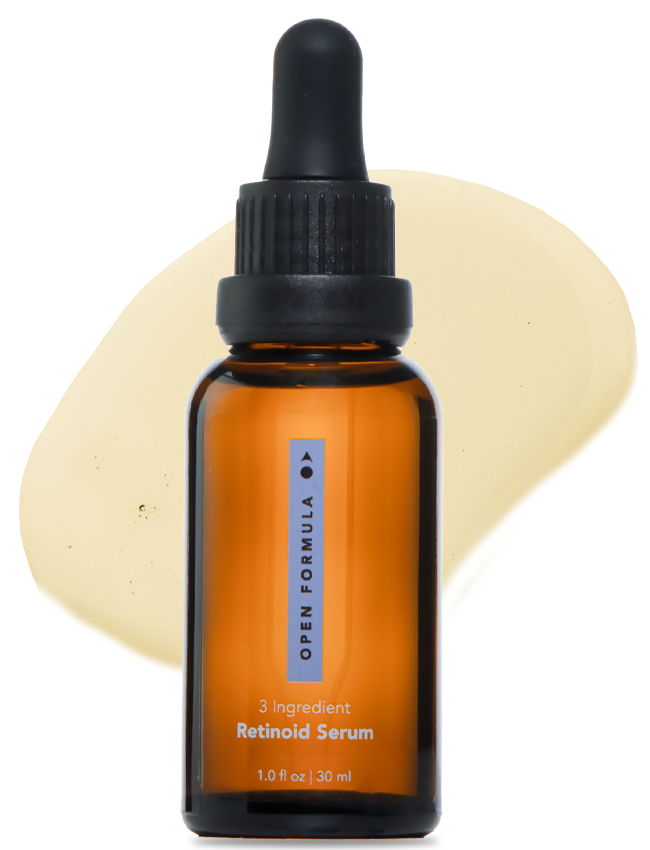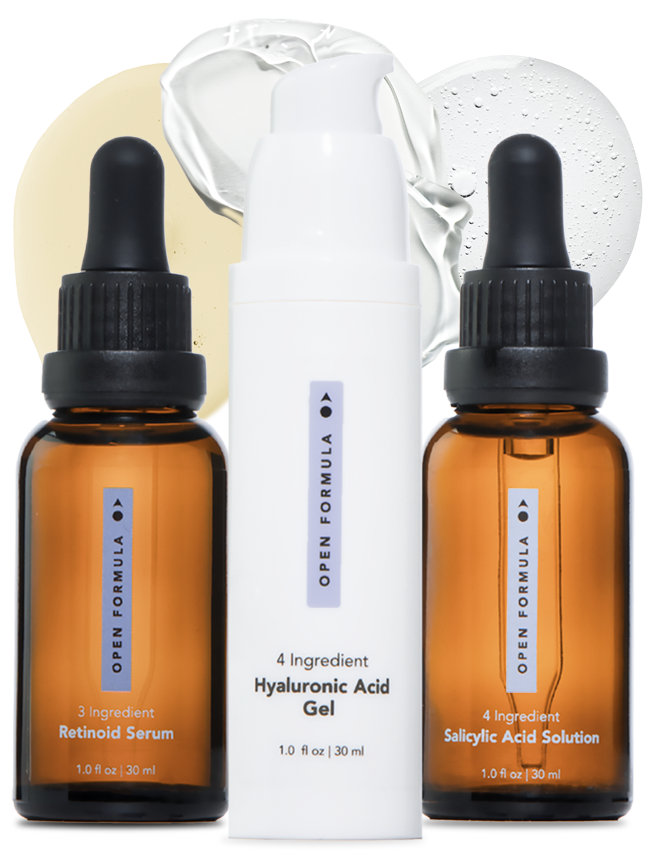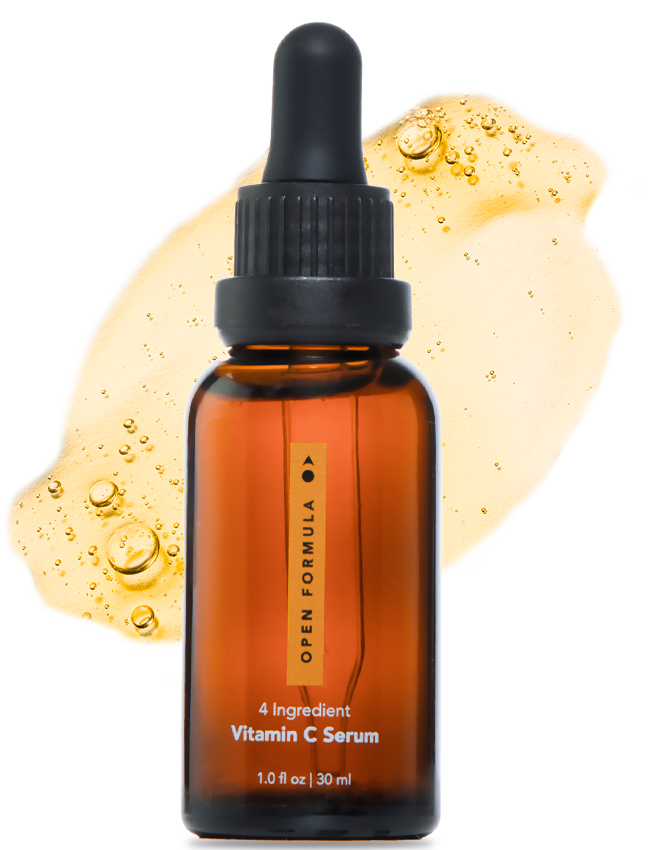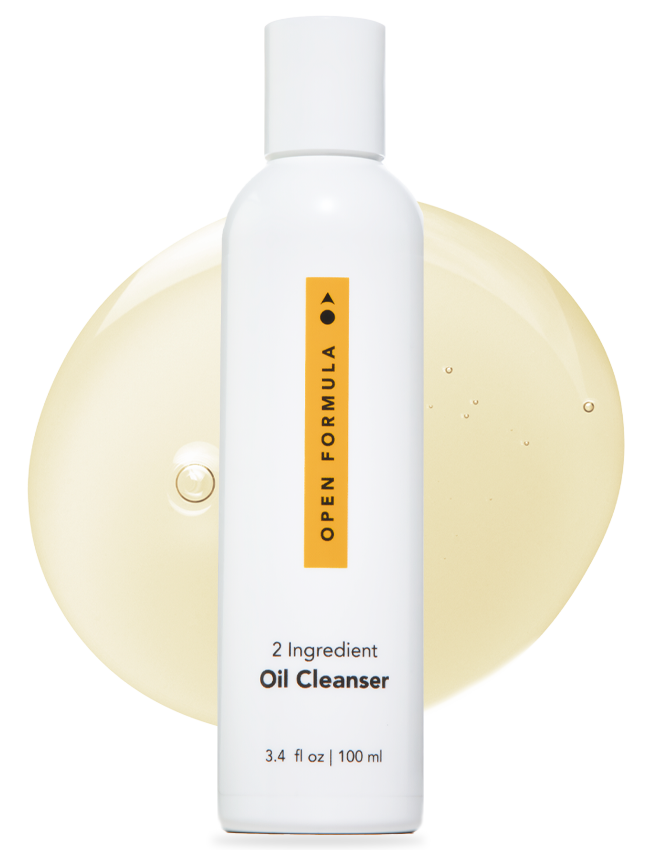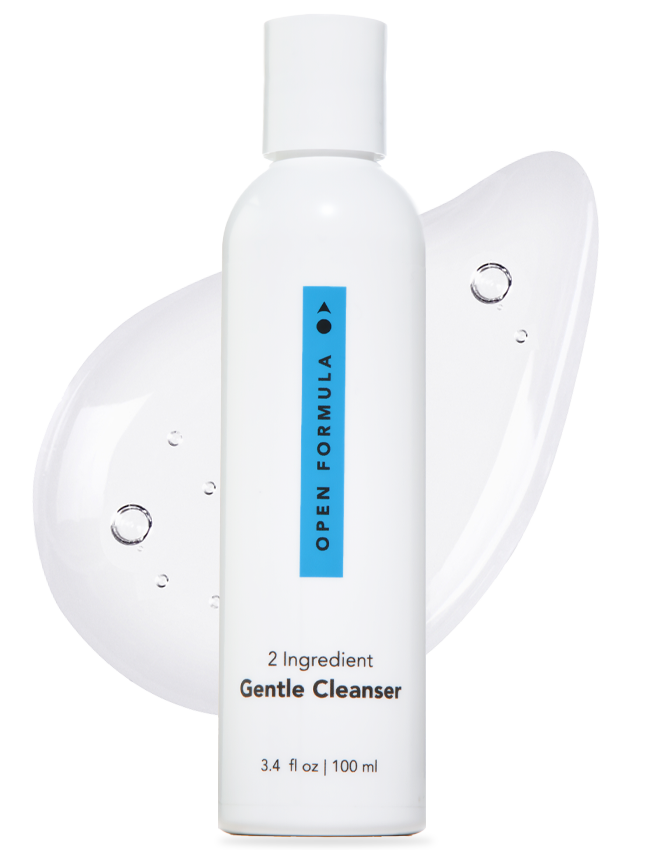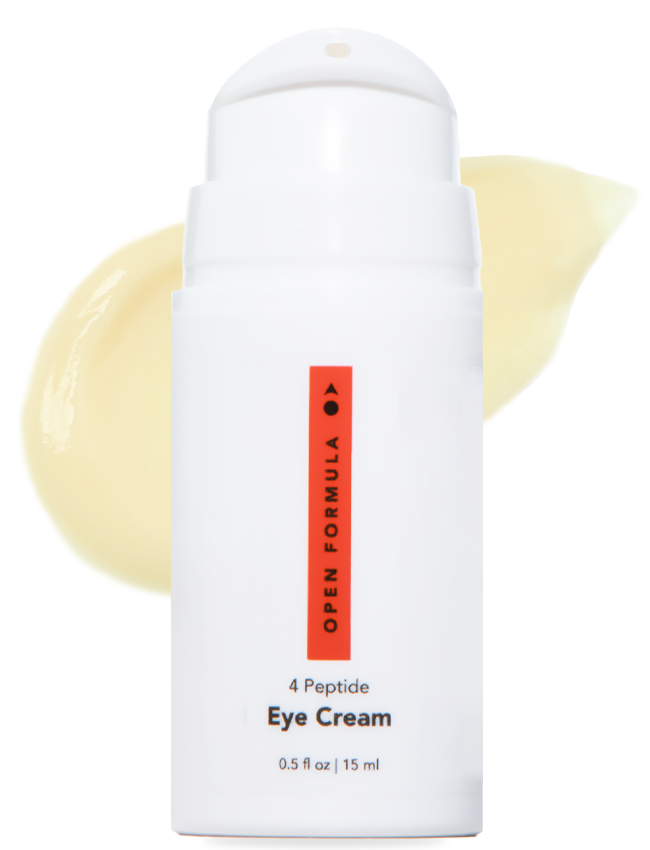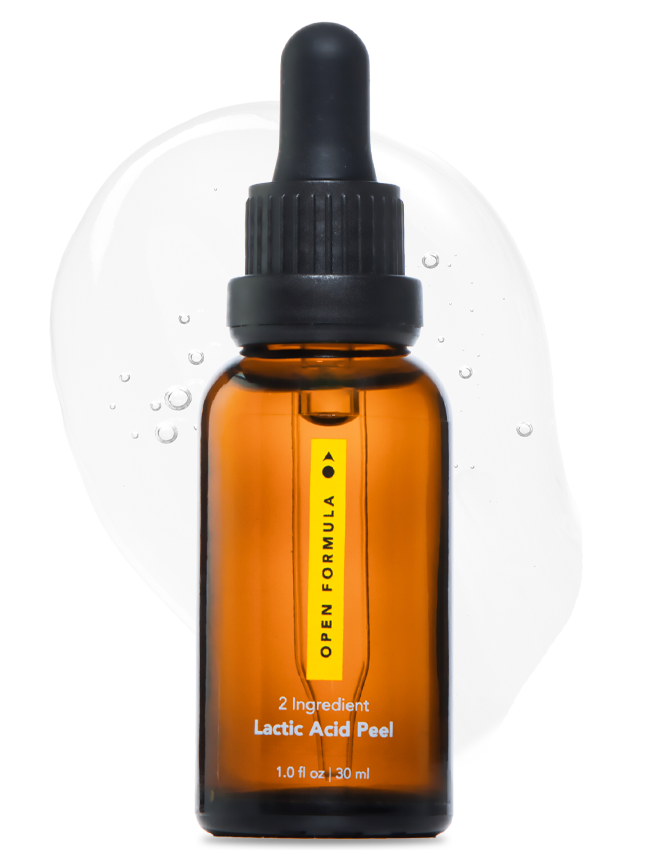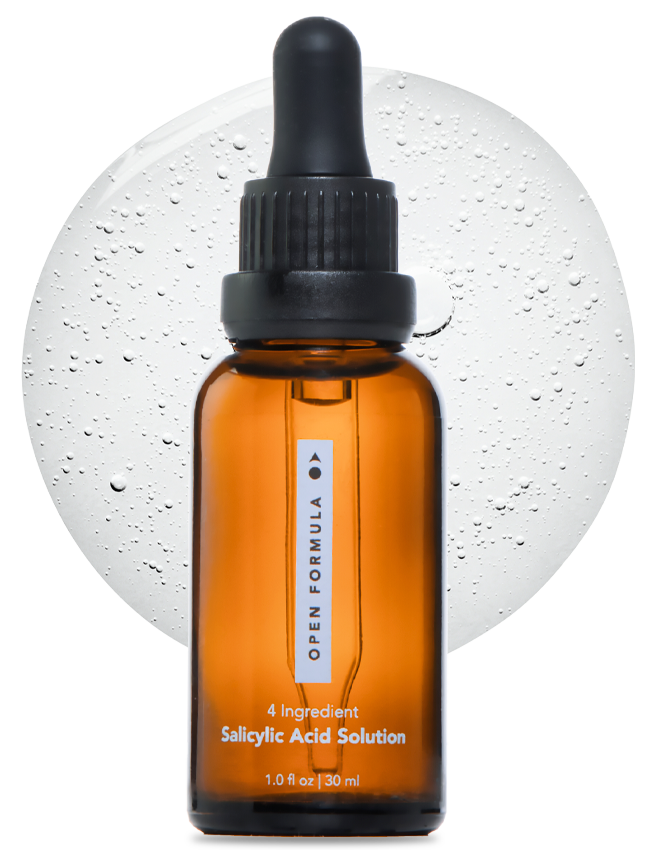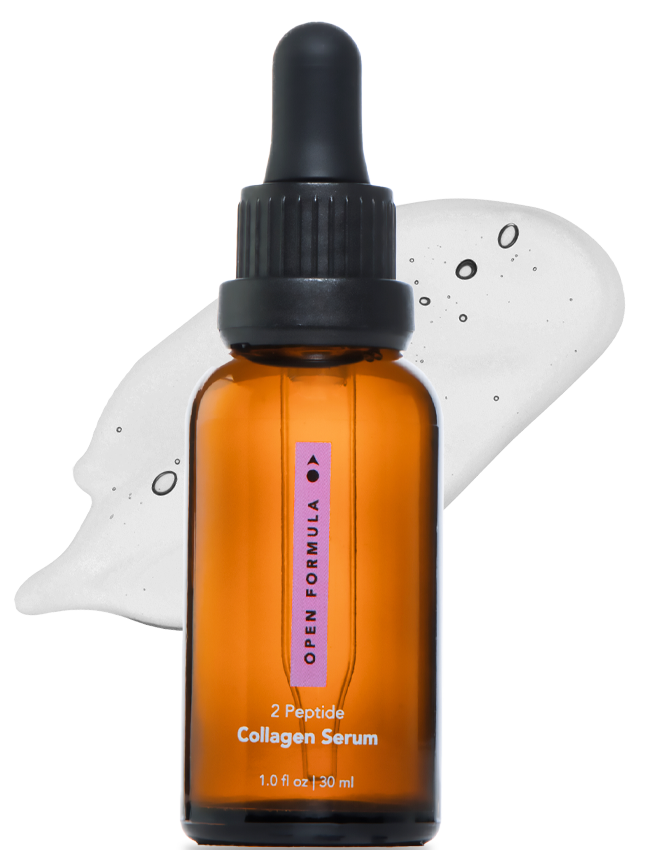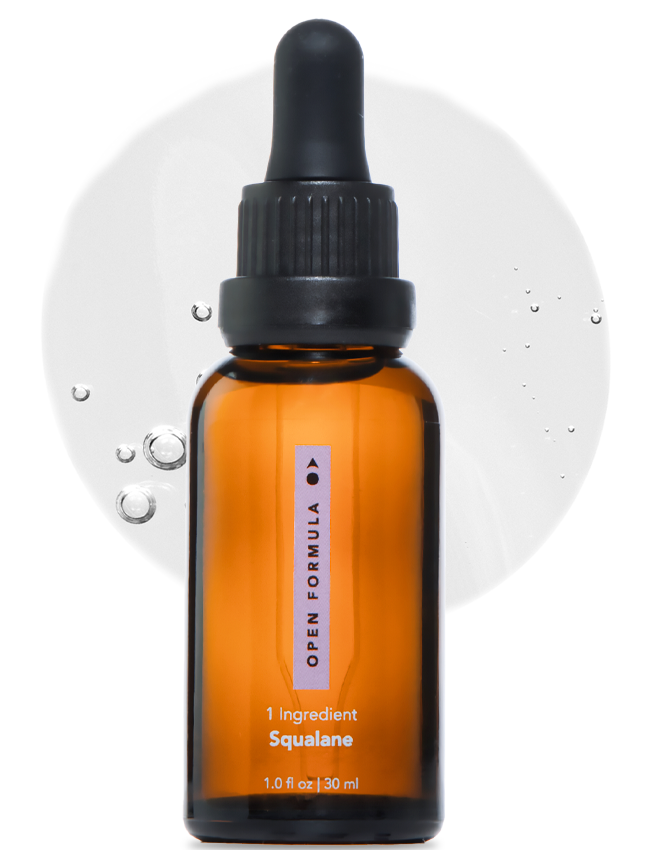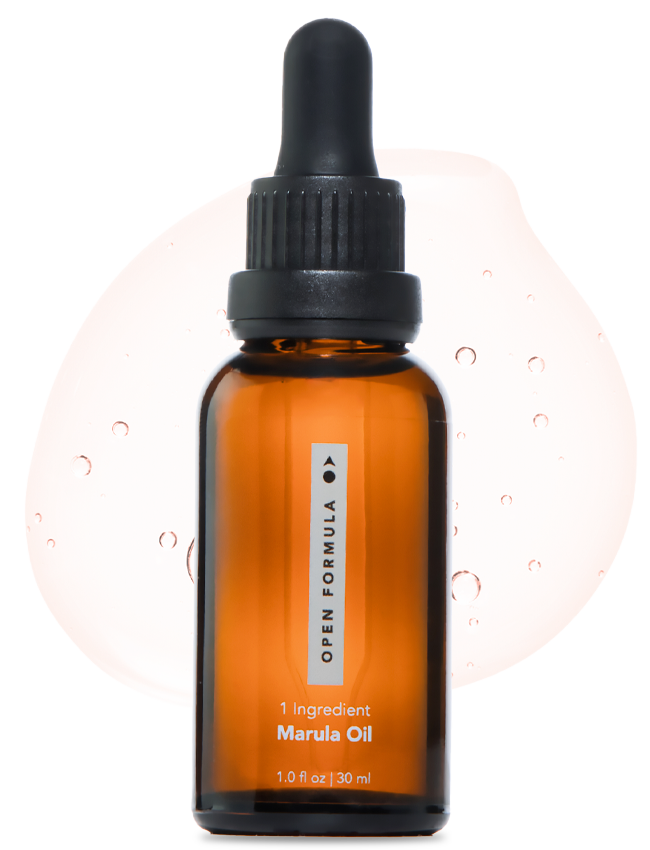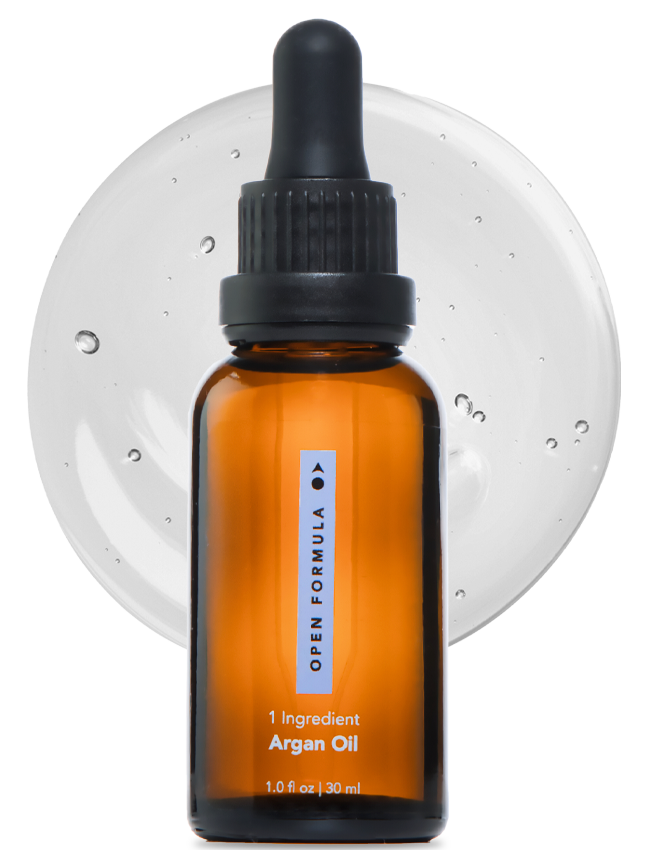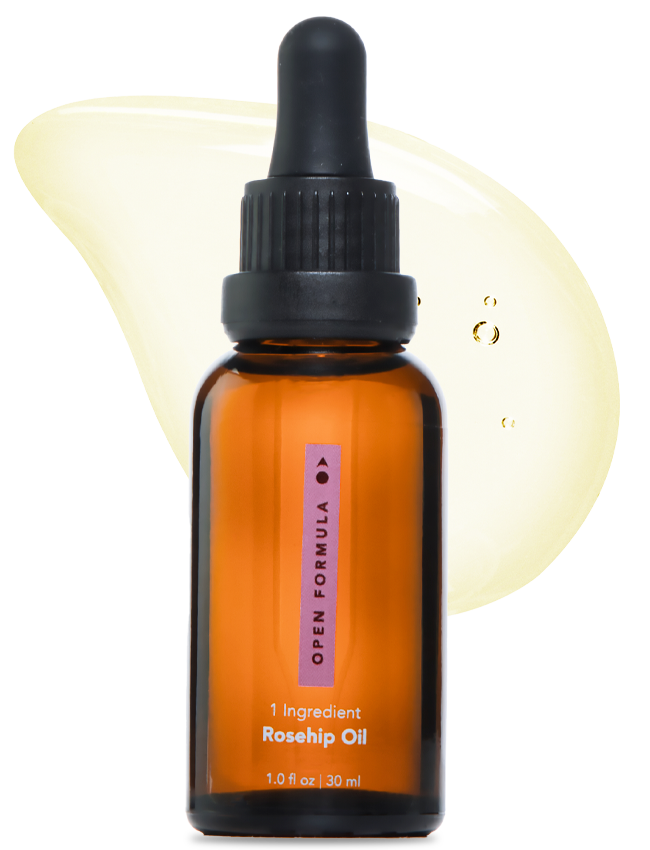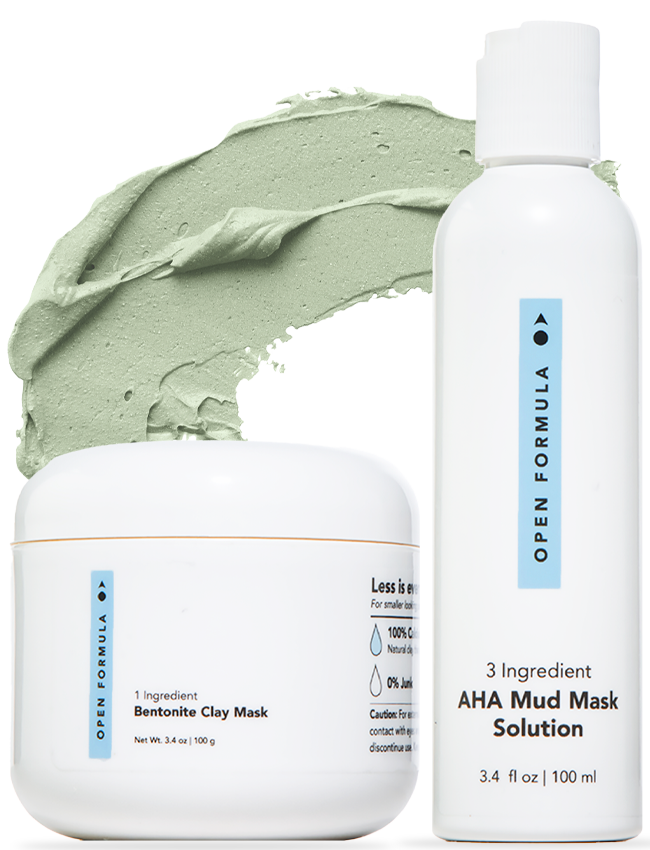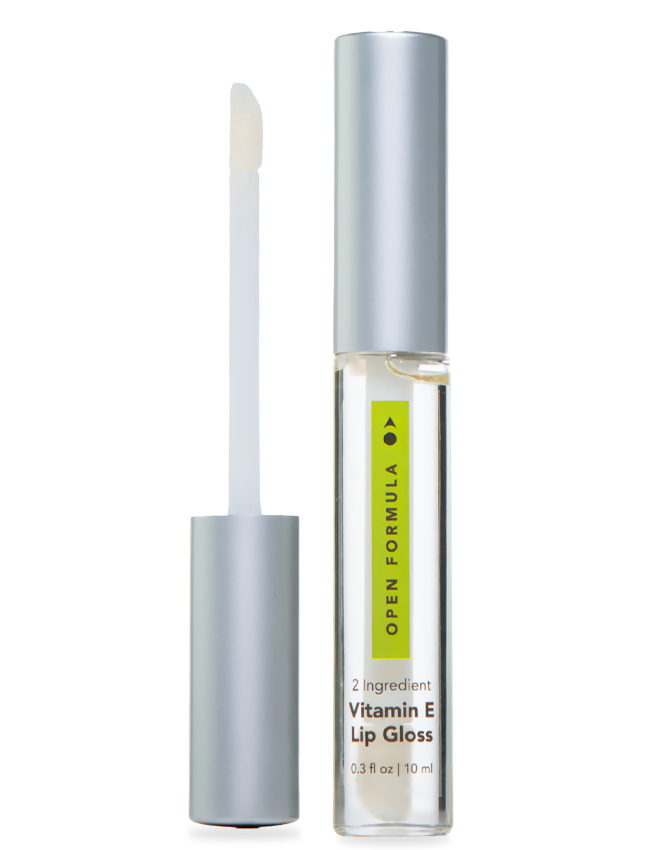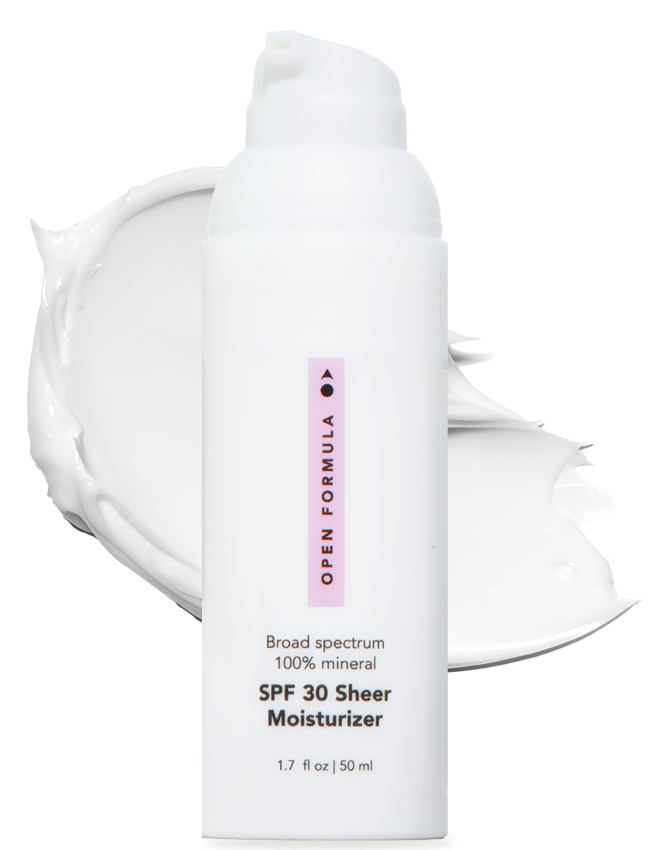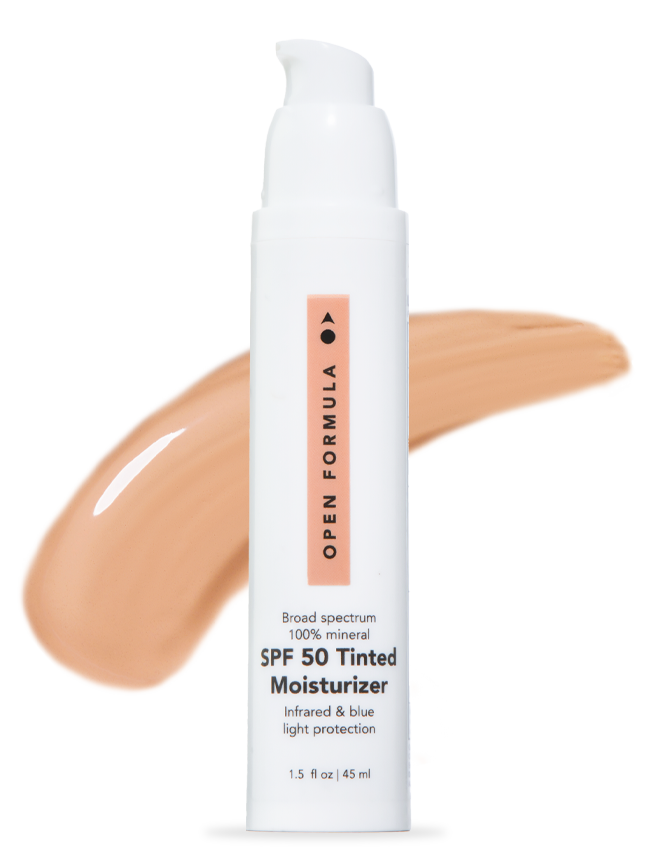Toner is a topic that everyone seems to think they have the answer to. But the question remains: Do we really need toner? There doesn’t seem to be a skincare brand out there that doesn’t have one tacked onto their line. But are they necessary or are we being sold something extra that we don’t really need?
What Is Toner, Anyway?
Toners first appeared as tonics advertised widely early in the 20th century. Different formulations addressed specific concerns—pretty similar to today—but most were cleaning and oil-reducing astringents, containing ingredients like harsh alcohols, witch hazel extract, and borax.
Before we were able to develop all the different kinds of face washes and other products we're familiar with today, people used to wash their faces with bar soap. Yep, that traditional blend of fat and lye (sodium hydroxide) was the standard for total-body cleansing—face included!
Traditional soap is very alkaline and basic, whereas our skin is naturally acidic. Toners were and are used to balance the pH of the skin. They’re also seen as another cleansing step for the skin, often by wiping the product on the face with a cotton pad.
The big question is do we need these now that we've moved on from using bar soaps on our faces? While this can’t be said for 100% of them, there are so many face washes out there that do leave skin pretty pH balanced after washing in the first place. So how are there so many toners still being sold by skincare companies? Depending on the type of toner, there’s solid evidence to support ditching them.
The Main Types
Because toners are almost always thin, runny liquids, they're a popular medium for delivering ingredients with specific benefits to the skin. This has resulted in a huge variety of toners coming to market. We've designed a guide to show you how to tell which kind of toner does what.
Pretty much the only thing they have in common is that they're meant to be used after cleansing. But the similarities stop there. There are also different ways to use the varying types of toners.
Hydrating Toners
They're best applied directly with your hands. You’re meant to pour a nickel-sized amount in your palms, rub your hands together and then press the toner into your skin until absorbed. Just make sure your hands are clean beforehand.
Hydrating toners are extremely popular and considered just as necessary in a skincare routine as a cleanser in places like Japan and Korea. Confusingly, they're usually referred to as lotions. But you can immediately tell what they are if the description says “watery lotion.” Hydrating toners usually contain ingredients such as hyaluronic acid, beta-glucan, and glycerin, to name a few. They typically have many humectants in their ingredients lists. Humectants are ingredients that have water-absorbing properties once they’re applied to the skin, ensuring that the skin has a steady supply of hydration.
Exfoliating Toners
Exfoliating toners have had a surge in popularity because they deliver visible results fairly quickly. They're usually formulated with either a specific type of acid or a blend of multiple ones formulated together. As chemical exfoliants, these toners are a great way to meet any of your exfoliation needs. They're great for addressing multiple concerns—acne, hyperpigmentation, anti-aging, and skin texture are no match for certain, ultra-potent acids. Some common ingredients you will notice in exfoliant toners are:
Salicylic acid, a BHA, is usually recommended for oily and acne-prone skin types. It’s best for decongesting skin.
Glycolic, lactic, and mandelic acids are part of the AHA family. They’re better for treating uneven skin and addressing anti-aging concerns. Just like hydrating toners, exfoliating toners are best applied with bare hands, if you’re not finding it too difficult to control.
Antioxidant toners
In these formulations, you will find CoQ10, vitamin C, niacinamide, or other prominent antioxidants. Those boost your defenses against free radicals, the unstable molecules that can come from sun exposure and pollution and will cause all kinds of damage to your skin.
Traditional Toners
When we say traditional toners, we're referring to products that are (usually) high in alcohol, and maybe with a little witch hazel with little else to offer the skin. These are the least helpful types of toners because they offer so few actual benefits to the skin. Yes, you can sometimes see grime from the day left on the cotton ball after using, but in most cases that shows that you need to do a better job washing your face with a cleanser.
Alcohol is drying to the skin, and higher levels should especially be avoided. They do help other ingredients penetrate more, so they are sometimes used in acid peels, which is the only place to make an exception (because they are not leave-on products).
Do We Need Toners?
As always, it’s all about the ingredients. It depends on what you’re trying to achieve with your skin, and what other products you are using. Not every person out there needs a toner. But if your skin is lacking in hydration, a toner rich in hyaluronic acid could be what your routine needs. If you’re still looking for a very mild exfoliant, an acidic toner could be the answer.

